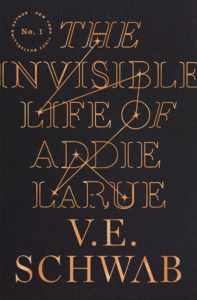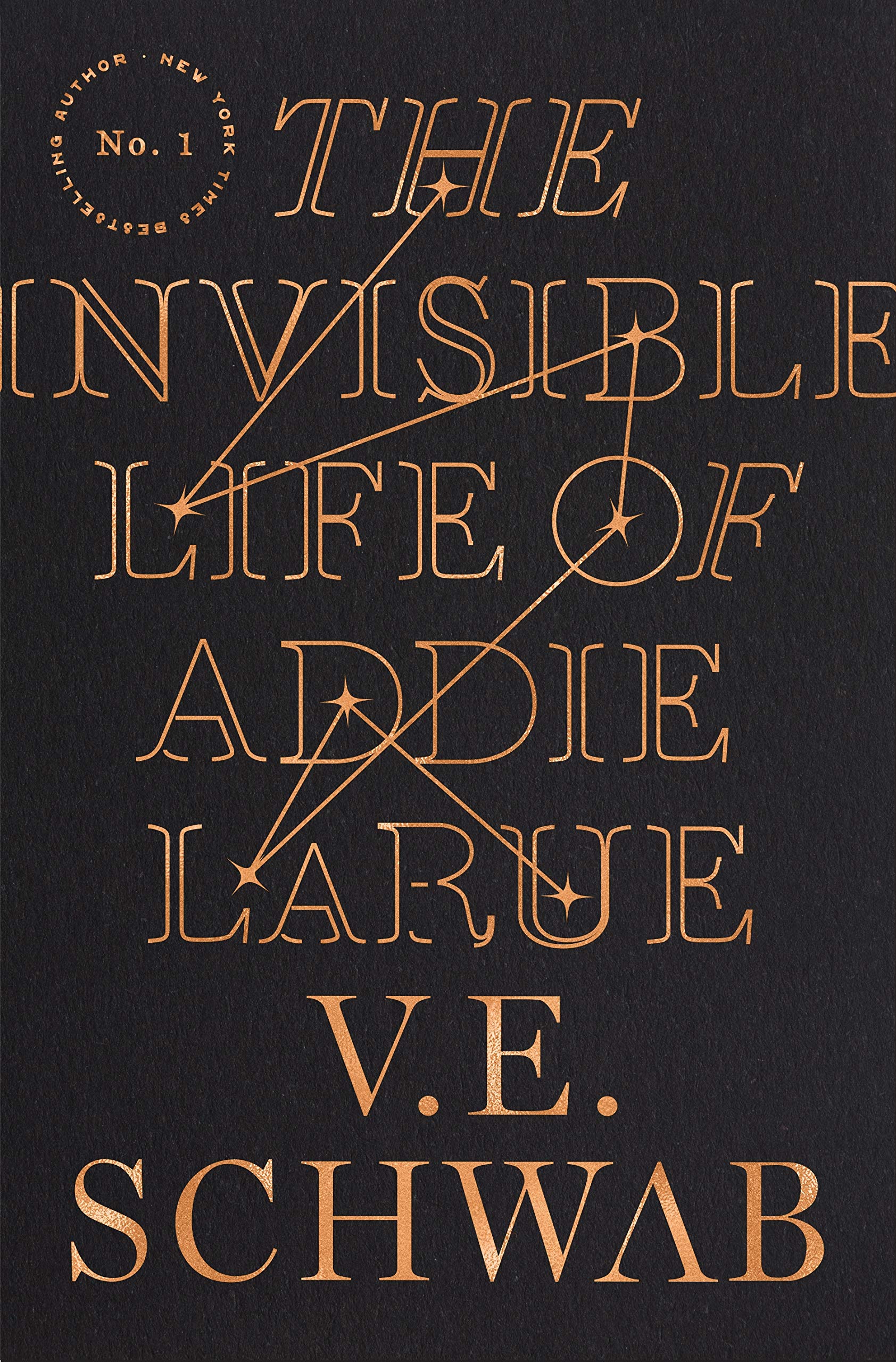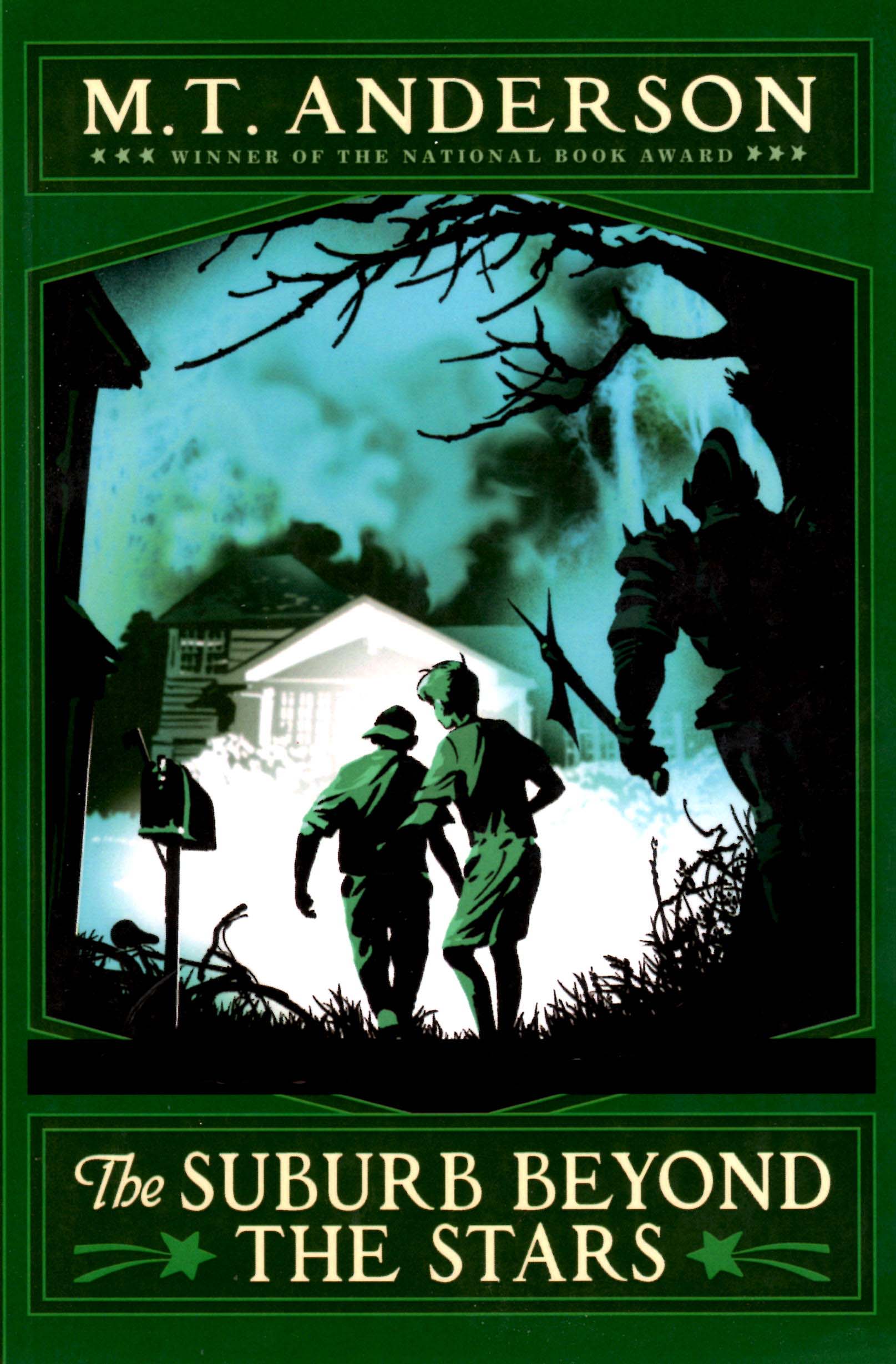 In rural 18th-century France, a young woman about to be married against her will wants more time. Three hundred years later, she sometimes wonders if the deal she made that day was worth it: to live forever but to be forgotten by everyone she meets the moment she leaves their sight. She got the time she wanted – enough to see the world, to walk among artists and poets and revolutionaries, and, most importantly, to be unreservedly herself, a privilege rarely afforded women at the time of Addie’s birth. Still, it’s a lonely life. So when a bookshop clerk (one hauntingly similar to the dark being who cursed her centuries ago) remembers her name, she knows it’s too good to be true. But you only live once, right?
In rural 18th-century France, a young woman about to be married against her will wants more time. Three hundred years later, she sometimes wonders if the deal she made that day was worth it: to live forever but to be forgotten by everyone she meets the moment she leaves their sight. She got the time she wanted – enough to see the world, to walk among artists and poets and revolutionaries, and, most importantly, to be unreservedly herself, a privilege rarely afforded women at the time of Addie’s birth. Still, it’s a lonely life. So when a bookshop clerk (one hauntingly similar to the dark being who cursed her centuries ago) remembers her name, she knows it’s too good to be true. But you only live once, right?
***SOME SPOILERS BELOW***
The Invisible Life of Addie LaRue alternates chapters between 2014 New York City and various points in Addie’s history, beginning the year she was cursed, 1714. Schwab does a really good job of showing all of the ways in which a curse like Addie’s can ruin a life. The loss of friends, family, and lovers is obvious enough, but while those are the most heart-wrenching consequences of her bargain, it also becomes almost impossible for her to find lodging or procure food. She also can’t write, or paint, or leave any kind of tangible mark of her existence, a limitation Addie never stops trying to find a way around. This creates a lot of opportunity for interesting storytelling, and it’s potential the author takes full advantage of. It’s a lot of fun to watch Addie poke around history and figure out ways around her curse’s limitations, and the curse’s limitations make Henry (said bookshop clerk) almost as much of a breath of fresh air for the reader as he is for Addie.
But even though I enjoyed reading this book, breezing through it in just a couple of days, it ultimately left me a little disappointed. Maybe it’s just because I read it during quarantine, but the question of how to spend a lot of time when you can’t be with the people you care about suddenly seemed like something I have more of an opinion on than I used to.
To be fair, Schwab set herself an ambitious task. Telling the story of a woman’s life across three centuries is not an easy thing to do; nor is balancing that story with those of secondary characters who get considerably less time. How do you show growth but still have a recognizable protagonist at the center of everything? I think my major problem is that Addie seems so static, despite having lived for hundreds of years. Her tastes haven’t changed, she still sleeps with twenty-somethings, and though the book references periods of madness or chaos, it doesn’t show them. The book makes a few weak gestures at showing change or development, but I didn’t find them convincing.
Schwab also attempts a bit of a tricky trade-off between building in a lot of mystery around Addie’s relationship with the being that cursed her and trying to work him into the story’s emotional center near the end. For me, it didn’t quite work – he had been a mystery for too long, and I didn’t feel that the information ultimately revealed justified the novel’s ending. I also have to admit that I found it a bit puzzling that Henry eventually writing down Addie’s story and creating a meta novel-within-a-novel was supposed to be some kind of victory. A woman who wanted agency over her own life so badly she was willing to trade away her soul for it gets cursed to never be able to tell her own story, and then when a man finally does so and is lauded for it, we’re supposed to be happy? I mean, I get it, I guess… but I also didn’t like it.
I do think fans of Schwab’s other novels will find a lot to enjoy here – there’s a similar energy to this book as in the Shades of London series, even though the world and characters are completely different. It’s definitely an interesting read and often a fun one, especially if you are less prone to brooding than I am.
A copy of this book was provided by the publisher for review.





